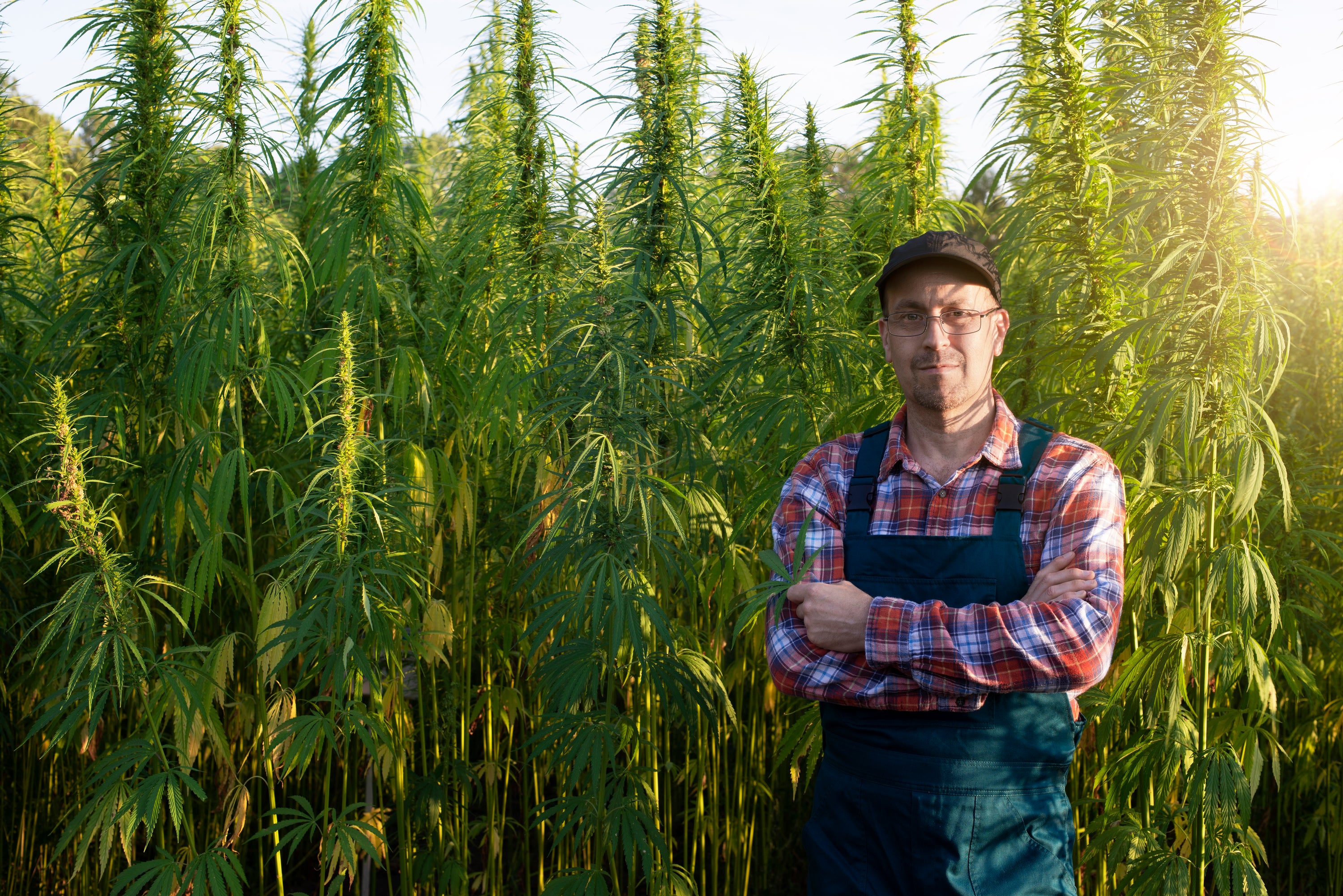
A Brief History of Hemp in America
The American Healthy Alternatives Association (AHAA) is spotlighting the rich and tumultuous history of hemp in America. Revered by early colonists and Founding Fathers, yet vilified in the 20th century, hemp's journey mirrors the evolving perspectives on cannabis and its derivatives.
In the early days of American colonization, hemp was a staple crop. British colonists were mandated to grow hemp, crucial for the naval fleet’s ropes and sails. This essential crop was so valued that even George Washington, one of the Founding Fathers, cultivated it at his Mount Vernon estate, predicting its potential to surpass tobacco in profitability.
Hemp’s significance continued through the 18th century, so much so that it was even used as a form of currency to pay taxes. This widespread cultivation and utilization underscored its importance to early American society.
However, the 20th century saw a dramatic shift. Influential figures like media mogul William Randolph Hearst, who held investments in the wood-pulp paper industry, spearheaded campaigns to depict hemp negatively. This was partly driven by economic competition and the rise of synthetic materials from companies like DuPont. Public perception was manipulated through sensationalist media, conflating hemp with marijuana and stoking racial and social fears.
In 1937, the Marihuana Tax Act effectively banned hemp cultivation, a decision driven by misinformation and economic interests. This ban was briefly lifted during World War II under the "Hemp for Victory" campaign to meet wartime demand for fiber, but post-war attitudes quickly reverted to prohibition.
The Controlled Substances Act of 1970 further entrenched hemp's illegal status, associating it with illicit drugs despite its non-psychoactive nature. This period of prohibition lasted until the late 20th and early 21st centuries when hemp’s potential began to be rediscovered.
Modern uses of hemp are vast and varied, earning it the moniker "the crop of 25,000 uses." From construction materials like hempcrete and insulation to sustainable textiles and biodegradable plastics, hemp’s versatility is unparalleled. Its seeds and oils are hailed for their nutritional benefits, and its fibers are superior for making paper.
The 2018 Farm Bill marked a significant turn, legalizing hemp and recognizing its industrial potential once more. Today, hemp is celebrated for its environmental and economic benefits, highlighted every year on National Hemp Day.
Despite its checkered past, the AHAA believes in hemp's promising future. Comprehensive regulation and continued research are essential to fully harness its potential while ensuring safety and efficacy. The AHAA remains committed to promoting policies that respect both public health and the historical significance of hemp in America's agricultural heritage.



